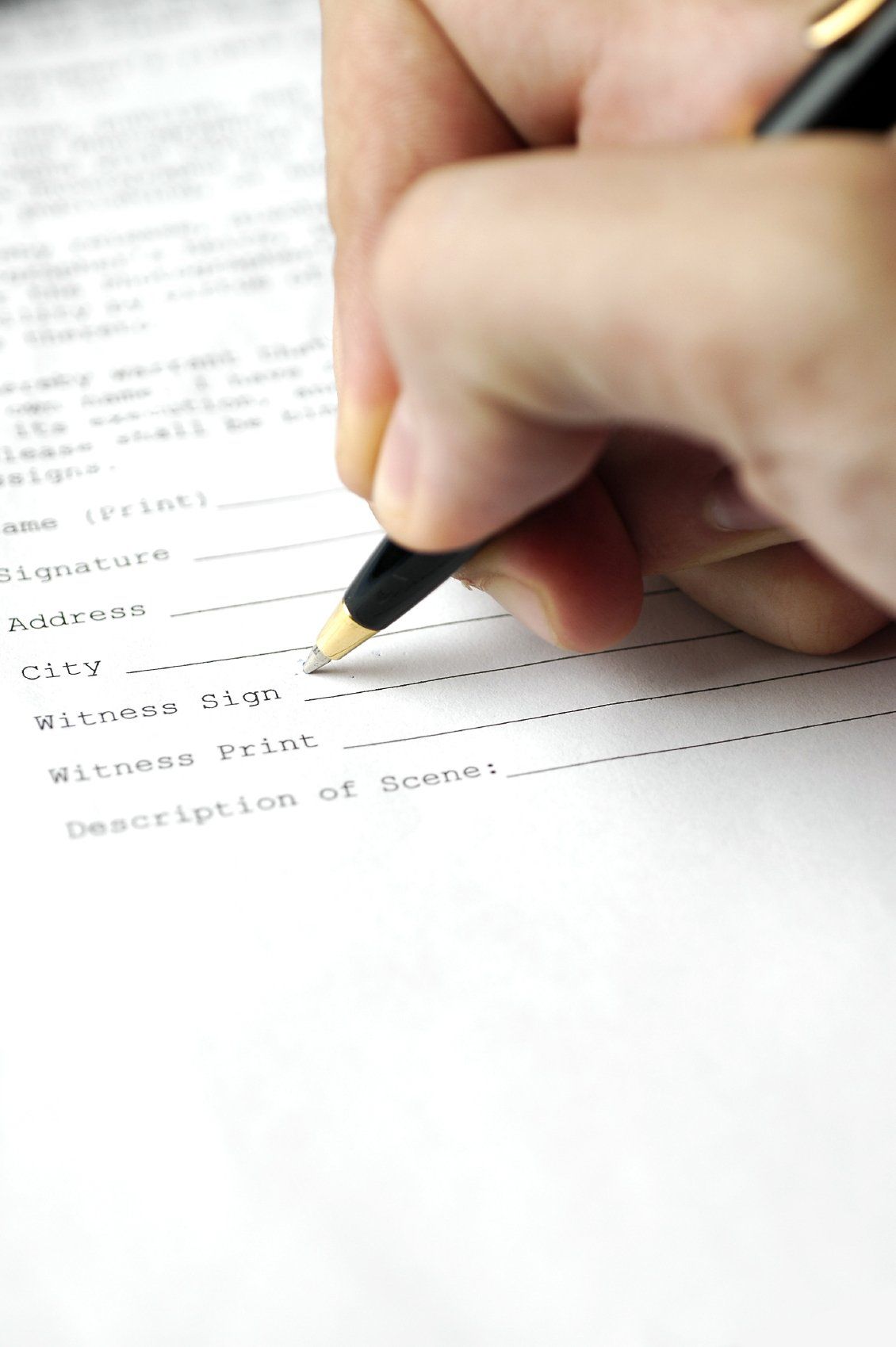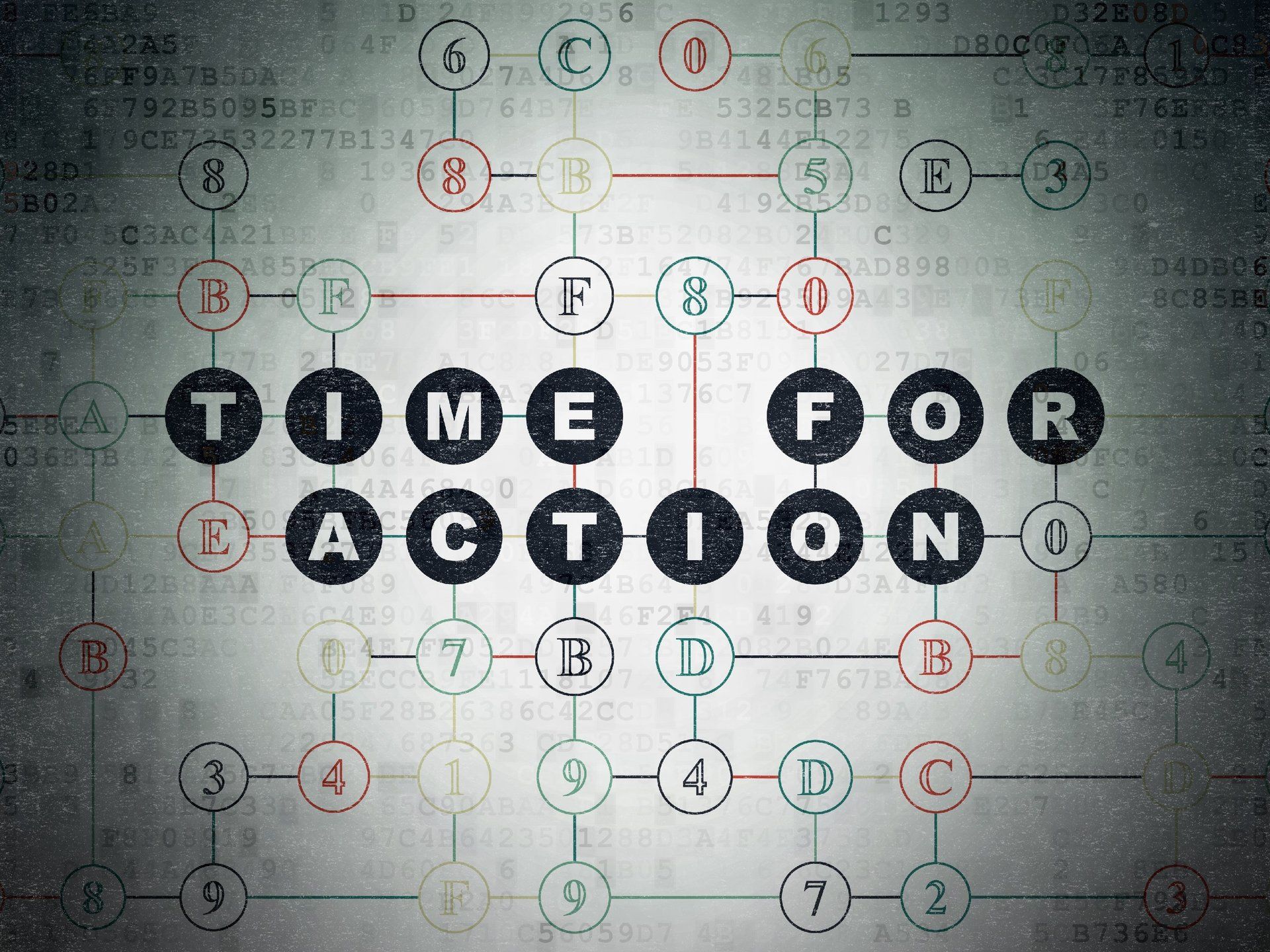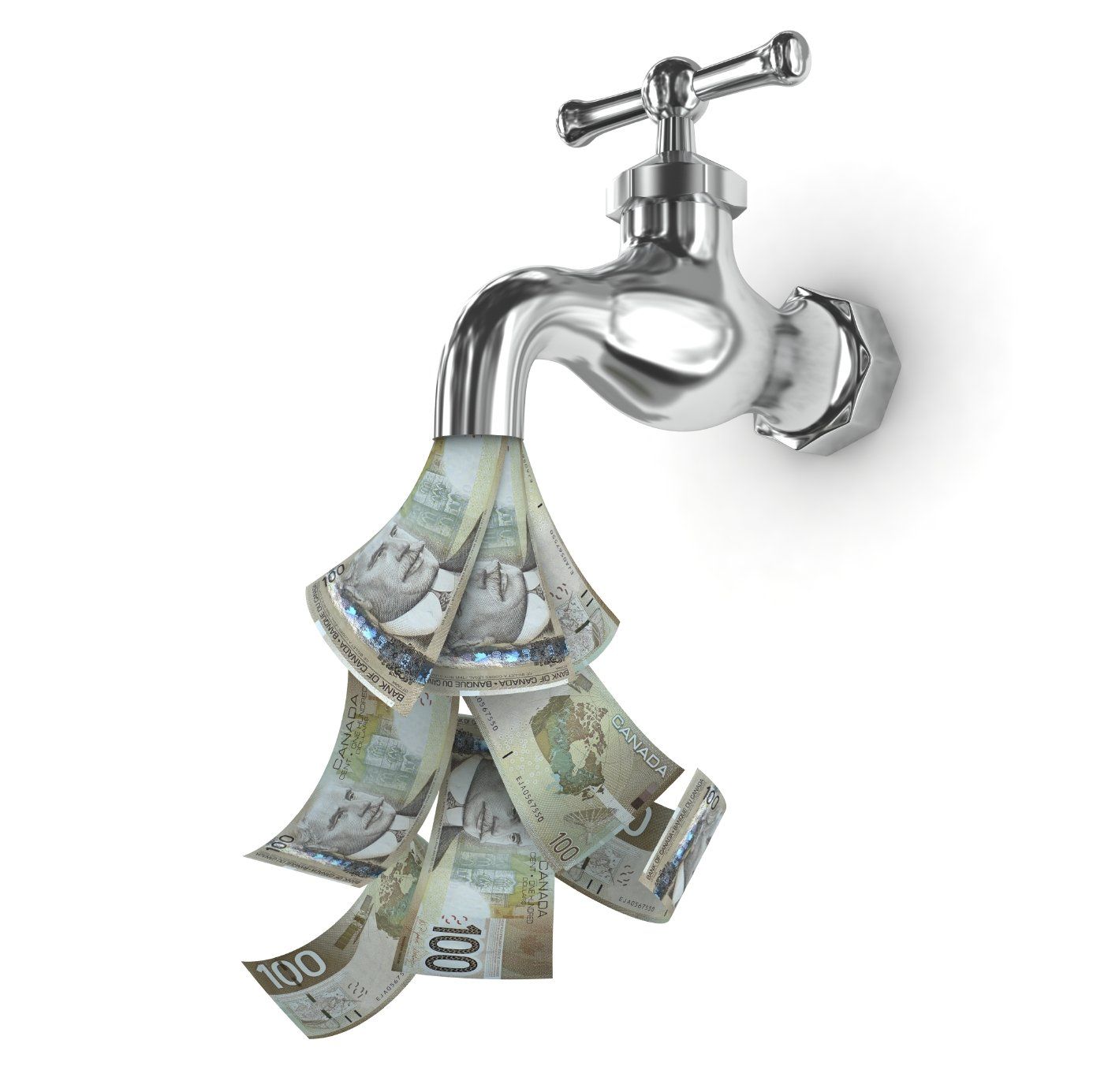Changes to VAT – maybe it is time to register for Making Tax Digital
Amanda Lodge • 7 June 2021
Change is coming

HMRC are in the process of updating their IT systems, some of which go back years. As part of this they are migrating data from their old VAT system to a new "Enterprise Tax Management Platform". Even HMRC are anticipating problems with this according to updates seen by agents. There are likely to be problems both filing returns and making payments.
Filing returns
Many businesses still using the old method of filing a VAT return, where you log on to HMRC and fill in the VAT form online. Many of these businesses do not meet the requirements to sign up for making tax digital because they are voluntarily registered for VAT, their turnover being less than £85,000.
The migration of data is going to mean that this old HMRC VAT portal will no longer work for those whose records have been migrated to the new system. The big problem is that you are unlikely to know when your data will be migrated. The first you will know about it is when you cannot file a return some time between now and November this year when the transfer is expected to be completed.
HMRC have sent out communications regarding this change, but I feel it has been a little confused and the implications not emphasised enough. If you use MTD compliant software, such as QuickBooks already then you should be able to file using that, you will just need to familiarise yourself with how to check and file a return using that software. For everyone else you will need to find a suitable solution.
If your turnover is less than £85,000 you do not actually need to register for MTD until April 22, but you do need to make changes to how you file your returns.
Personally, I have been advising clients to sign up for MTD now. The accounting solutions will be the same, and at least you will know you don’t have to make any further changes in the near future.
The first step is to get appropriate software. All the main online bookkeeping systems will file MTD VAT returns, so QuickBooks, Xero, FreeAgent etc. will all do the job. For those who want a PC based bookkeeping system then VT Software is an option. If you want to stick with your spreadsheets you will need “bridging” software such as Absolute Tax’s VAT filer (there are lots of software solutions listed on HMRC's website), and will probably need to adjust the spreadsheets themselves.
When changing systems, it is always advisable to do it from a clear start date, ideally the start of a financial year, but failing that the start of a VAT quarter. Take care to maintain access to any data on your old accounting systems, especially if you change mid-year, or your accountant has not done your previous year's accounts.
Once you have the software you will be ready for HMRC when they move your data.
You can then sign up for MTD, which is done online and is a relatively simple process, you just need to do it sometime after you have paid a VAT bill and before you desperately need to file your next VAT return as it takes time for HMRC to confirm they have signed you up. You will then know you are compliant for a good few years to come.
Making payments
Businesses affected need to log on to their HMRC business tax account and just check that there is an email address registered on it for VAT. This needs to be a business address and not your agents. HMRC need this for two things. They will need to set up a new direct debit and will also need to notify the business before they take payments each quarter.
Without an email they cannot do these things, so it is really worth checking your VAT payments have been made when you expect them to be in order to avoid any penalties and interest.
Be Aware of Fraud
With all these changes happening just be careful of any emails that appear to come from HMRC. If you suspect phishing, then always remember to log onto your Business Tax Account and check there to see if you owe any money and don’t click links in emails. Anything suspicious can be reported to HMRC.
Please get help if you need it
For some people this is all going to be quite a significant change. If you are not confident with online accounting, signing up to HMRC services, or setting up spreadsheets it would be advisable to get help from your accountant. This could be them taking on doing your VAT returns for you, or just advice and support to set up the new systems and be confident that they are working.
In conclusion
Unfortunately, for many businesses struggling to recover from Covid, this is a whole heap of change at a time when it is probably not welcome.
It also forces the use of technology on businesses and whilst I do believe in the value of that technology it is not what everyone wants. If you are close to retirement and have always kept paper records you simply many not want to digitise everything, unfortunately there is little choice if you remain VAT registered.
Options include controlling the growth of your business so you do not need to be VAT registered or, if you are voluntarily registered you could de-register, but you will need to work out the cost of doing that, especially if you sell zero rated goods such as food or children’s clothes. Again, just speak with your advisor first and check you are doing the right thing for you and your business.

It has been quite some time since I have posted anything here. The Covid-19 pages of my website have had my attention instead. I thought I would focus on something that I have come across more than once in recent weeks and may be relevant to those of you who may be setting up your own businesses. It is common for a couple of friends to get together to form a partnership or company, or for one friend to buy into another’s company. They have usually been friends for a long time and are excited by their new venture. At this point no one likes to think about what happens if the relationship comes under strain or even breaks down. But let’s face it the pressures of running a business can be significant at times. The problem often lies in the fact that informal arrangements are set up on an equal, 50/50 basis which is fine as long as you agree with one another. When you stop agreeing you are left in a stalemate situation, often where each party has the authority to do what they like! All sorts of things can happen in life that affect a person’s ability to dedicate time and energy to a business or their decision making attitude or capacity. What if one person gets seriously ill for example? What happens if you cannot agree on something and one person sets up on their own in competition, taking many of the clients, the stock, etc? Unfortunately, it can happen, leaving someone having lost the benefit of years of financial investment and plain hard graft. The way to minimise this kind of risk is to have a shareholder or partnership agreement from the outset. This may set out such things as: how members or partners are to be paid how much profit is to be retained in the business as working capital how often management, board and/or shareholder meetings will be held whether certain transactions can only be entered into with the agreement of all involved, e.g. taking out a loan, buying property, starting legal proceedings etc. how the business should be split if you do agree to go separate ways. in what circumstances (such as death, or gross misconduct) compulsory purchase of shares can happen, and who will value the shares. These are just examples; the list will be unique to each business. These can be difficult agreements to put in place between long standing friends and hopefully most agreements will never need to be used in time of trouble, but they to help to create a business relationship, help you think about the business you are establishing or buying into and offer a legal framework if things do go wrong. They can also be re-visited and changed in the future if the need arises, so they are not set in stone. I do believe it is something worth thinking about.

If you have a new sole trade that you started in the tax year from 6 April 2019 to 5 April 2020 you will not be eligible for Covid-19 assistance from the government, but you could be due a refund of tax if your business has made a loss in the period to 5 April 2020. Not something the government has been publicising! There is a danger that you will be encouraged by our tax system and (if you are one of the many who’s business has suffered significantly due to Covid-19) a need to save money, to do your own tax return and use what is called the cash basis to prepare your accounts, it is much simpler than the alternative and may make sense for many. However, it does prevent you from claiming most of the loss reliefs that are available. So, it is worth thinking before you do so. If you were employed during the three years before you set up your business and paid tax on those earnings you may well be able to claim some of that tax back if your business has made a loss, but you will need to use accruals accounting and need the help of an accountant to make the right claim. In calculating the loss, you can even include the value of capital items, like vans and equipment as you will be able to claim what is known as capital allowances on such items. Last year I claimed about £2,300 back for a client – I did not charge him anywhere near that to do it, there is no point if there is no win for my client. What is more the tax that is returned is treated as income of the year any salary was earned in so it should have no effect on any current benefit claims (other than it will affect the level of your savings). The first accounts you get taxed on as a new sole trader are from when you started to 5 April 2020 – this is a rule for everyone, so your first tax return can be prepared and submitted now, meaning you get your tax back sooner rather than later. If you think these circumstances may apply to you why not arrange a free, no obligation video chat to see if I can help.

As it is the time of year when people are filling in their tax returns, I thought I would write about the impacts that child benefit claims can have and help stop you missing out on a valuable aspect of claiming. Some of you will be aware that if, as a couple one of you earns over £50,000 then the higher earner must pay back some child benefit if they or their partner has claimed it. This even applies if the children in question are not the higher earner’s children. If the higher earner is earning £60,000 or more all the benefit will have to be paid back to the government. This is one of the areas of tax where the term partner includes people who are not married or in a civil partnership, but who are living together as if they were. If one of you is lucky enough to be earning over £60,000 it is easy to think that simply not claiming child benefit solves a problem. After all it avoids the need to do a tax return. However, this may not be the best thing to do. If the “lower paid” partner is either not earning at all, or if their income is less than the lower NI thresholds (they are different depending upon whether they are employed or self-employed) then it is more sensible to claim. It is possible for the lower paid or unpaid partner to make a claim for child benefit and then ask for it to not be paid (only do this if one of you earns over £60,000). This means there is no requirement for a tax return and no money to return, but it does register the claim. The reason for this is that claiming child benefit for a child up to the age of 12 earns the person claiming a “national insurance credit”. Each of us needs to collect 35 full year credits (you can only get one a year) in order to qualify for a full state pension. Whilst the pension is not a huge amount of money it can be a significant help with pension planning. So, before you stop a child benefit claim, or decide not to claim for another reason, check that you are earning your credit for the tax year through your salary or by some other means – or you could lose out!







